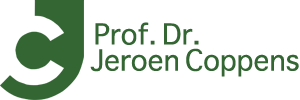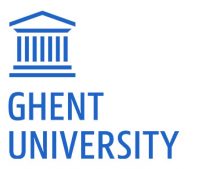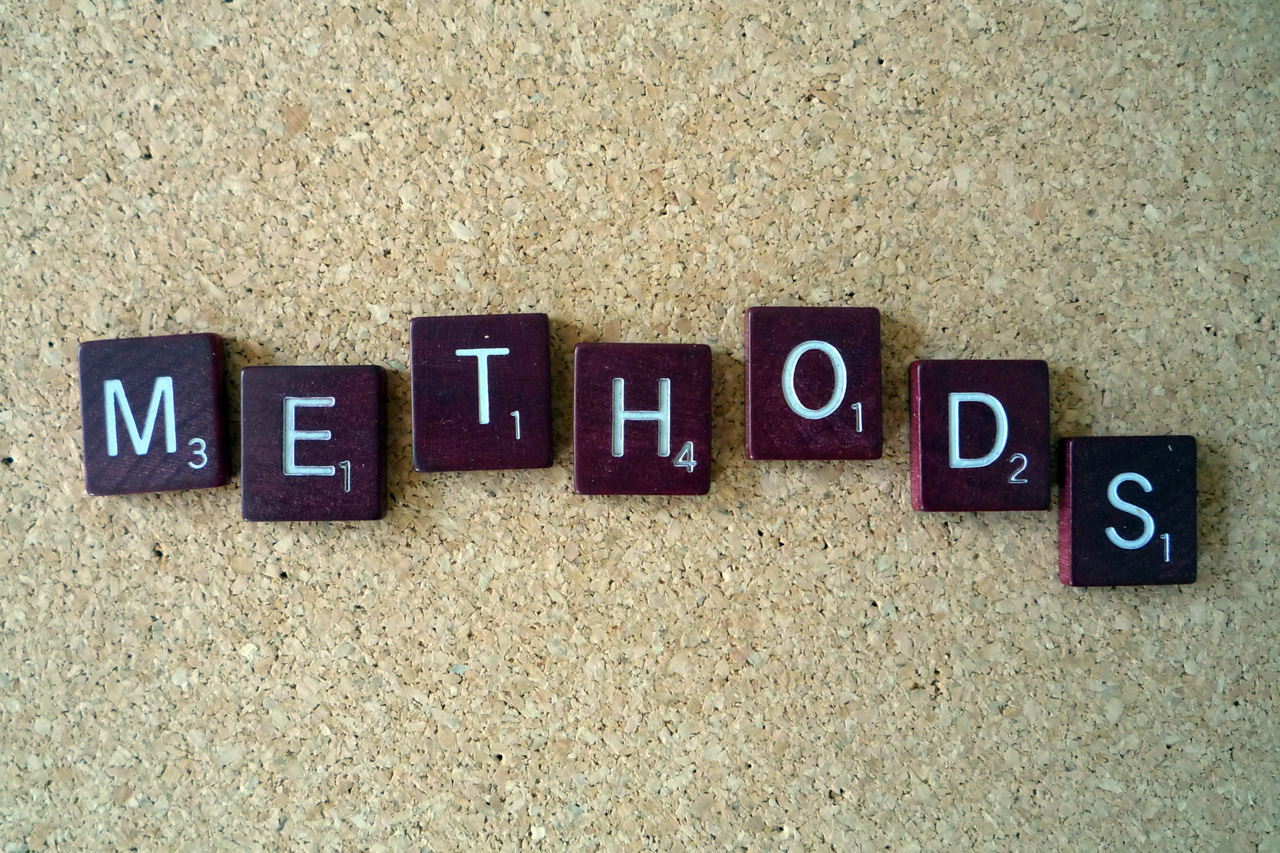Several guest lectures, support, organization & evaluation of the seminar as a (doctor-)assistant
Short summary of the course
This course offers an outline of the history and the various methods of theatre and performance studies.
Contents of the course
This course is a detailed introduction into theatre and performance studies. It starts with an overview of the history and present-day status of the subject. Following this, questions central to the subject are posed and its methods examined. For example: How do theatre studies differ from the study of literature? What is specific to theatrical performances in contrast to, for example, film? What does the “performative turn” in cultural studies mean for theatre studies?
In the course of the semester, specific theories and models of theatre studies, and especially of performance analysis, are presented and discussed. This includes, for example, theatre historiography, but also semiotics and the criticism of semiotics, psychoanalysis, gender-, queer- and postcolonial studies. In this way, students familiarize themselves with canonic approaches and models about performance and performativity (Richard Schechner, Judith Butler), media and liveness (Philip Auslander, Peggy Phelan).
In the second part of the course these theories are used to analyze current productions. Through the stages of the course the various developments and transformations undergone by theatre and performance studies become evident. Likewise, affinities and differences between theoretical and applied theatre studies and, as the case may be, drama studies in different language regions and different realms of thought (for example: USA / GB / Belgium / German speaking areas) become visible.
Collaborations for dramaturgical workshops
For the dramaturgical workshops connected to the course, I have collaborated with following artists, collectives and art institutes (selection): Alexander Devriendt (Ontroerend Goed), Benjamin Verdonck, Wunderbaum, Kris Verdonck, Mette Edvardsen, Anne Söderberg, Mette Ingvartsen, Sarah Vanhee, Tinne Van Aerschot, Ariane Loze, NTGent, Vooruit Gent, Campo Gent, P.A.R.T.S., Kaaitheater Brussels and Workspace Brussels.
Final competences of the course
- Knowledge about the development and history of theatre and performance studies.
- Knowledge about the research methods of performance analysis.
- Knowledge about the important new approaches introduced by cultural studies since the 1960s, and their meaning for theatre studies.
- The application of theoretical models to performance analysis.
- Individual analysis of excerpts from theatrical performances.
- The ability to critically reflect on the relation between art and science.
More information:
- Studies in Performing Arts & Media (Ghent University)
- Bachelor of Arts in Art History, Musicology and Theatre Studies
- Ufora Digital learning platform Ghent University (login required)


